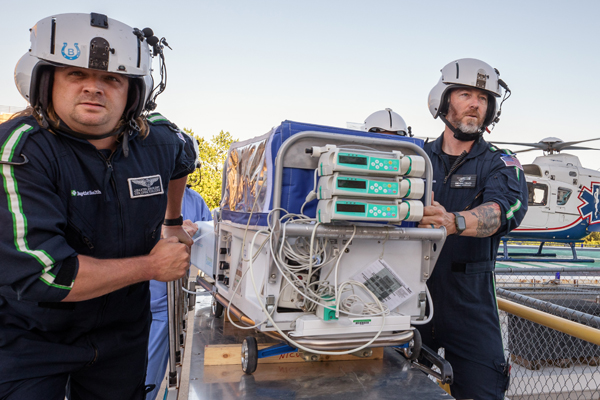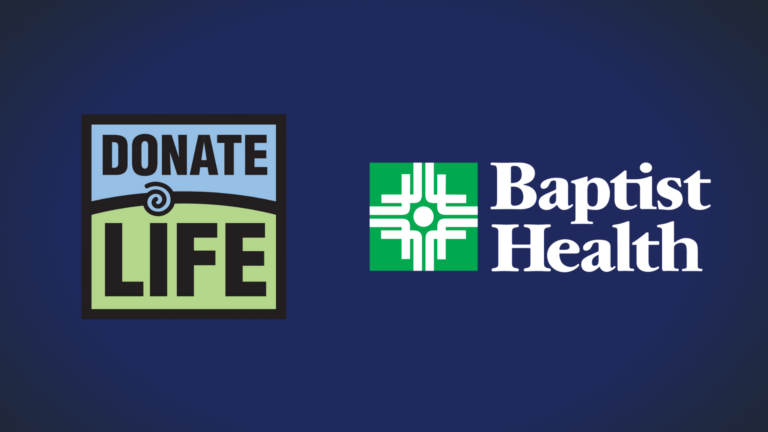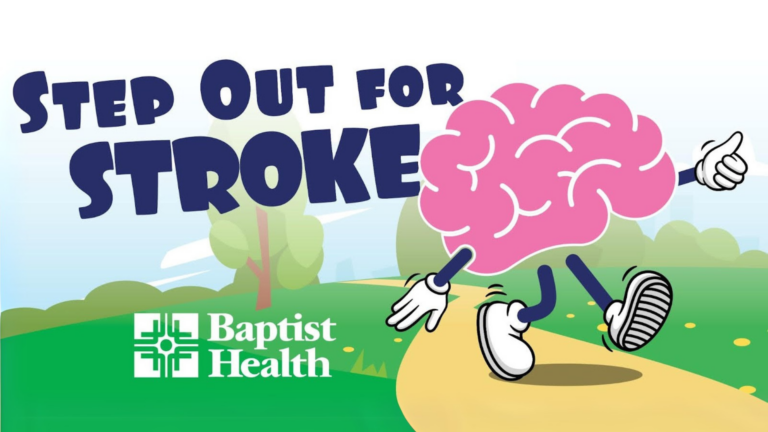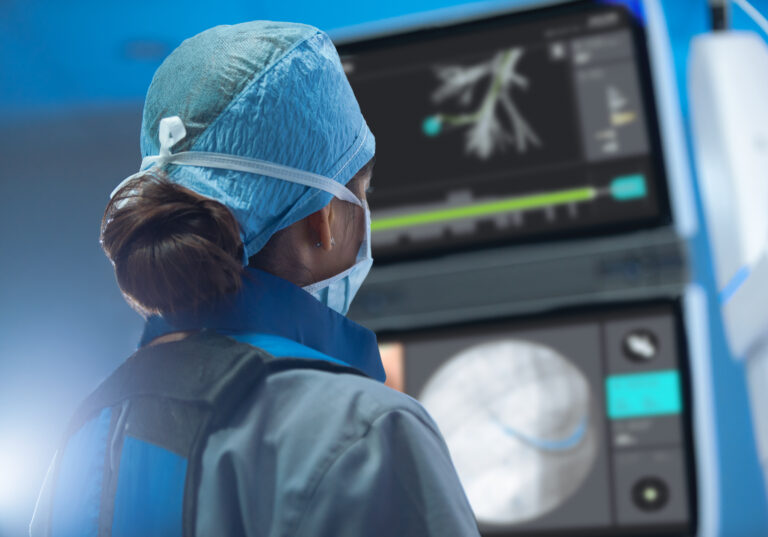
Your baby’s health is no small matter.
When your baby is admitted to the Neonatal Intensive Care Unit (NICU), your world suddenly becomes filled with uncertainty – about your baby’s health, being separated from your newborn, how you’ll breastfeed and when you’ll finally return home. Though you’ll have many questions, there is one thing you can be certain of: as long as your baby is at the Baptist Health Medical Center-Little Rock NICU, your child will receive some of the most advanced treatments available. Here’s how the NICU can help your baby.
Common Reasons Your Baby May Need to Go to the NICU
The most common reasons a newborn is sent to the NICU include premature birth, complications with delivery and signs of illness. As a Level 3B NICU, Baptist Health is equipped to handle each of these issues through expert care.
The Baptist Health NICU provides each baby with a primary care team that consists of a primary nurse, core group of registered nurses and a neonatologist. The primary nurse establishes the plan of care and coordinates efforts with all staff members. The neonatologist, a physician specializing in the care and treatment of sick and preterm newborns, is the NICU team leader. This team assignment not only ensures consistency of care but also provides you with an immediate point of contact so your needs are always met.
We help parents nourish and bond with their baby by:
- Promoting pumping as soon as possible so the milk can be delivered to your baby in the NICU
- Promoting bedside pumping in the NICU next to your baby
- Setting up a visit with a lactation consultant who focuses on patients in the NICU
- Encouraging Skin2Skin or Kangaroo Time for family members of the baby, especially mom. This special bonding time helps the baby regulate their temperature and encourages mom’s milk production.
- Allowing parents to see their baby while they are separated from them through Angel Eye cameras
- Allowing parents to stay in the room with their baby once the baby is stable
Angel Eye Camera Systems
Baptist Health Medical Center-Little Rock and Baptist Health-Fort Smith offers Angel Eye Camera Systems for parents and families who cannot be with their baby in the Neonatal Intensive Care Unit. This innovative technology enables loved ones to log into a secure account from their laptop, tablet, or smartphone and check in on their newborn from any location at any time of the day. In addition, Angel Eyes enables parents to watch physicians as they visit their baby during rounds. Learn more about the heaven-sent solution for NICU families.

Neonatal Transport Team
Baptist Health’s Neonatal Transport Team is available 24/7 to travel by ground transportation or MedFlight helicopter to any hospital in Arkansas in order to bring a baby to the Baptist Health Medical Center-Little Rock NICU. The Neonatal Transport Team consists of a transport nurse and respiratory therapist working under the direction of one of our board-certified neonatologists.
NICU Visitor Hours
At the Baptist Health Medical Center-Little Rock NICU, we encourage parents to visit as much as possible through 24/7 visitation. We only ask that there be no visitors during our staff shift changes, which are 6:30 to 7 a.m. and 6:30 to 7 p.m.
All other visitors will need to be accompanied by a parent and be at least 14 years of age, unless they are a sibling. Anyone who has been ill, has a cold or symptoms that are cold- or flu-like or has been exposed to chickenpox within three weeks should not visit.
Leaving the NICU
There is not a specific weight requirement to be discharged from the NICU, but your baby must meet the following criteria:
- Be able to maintain his/her body temperature in an open crib
- Be actively gaining weight on breast/bottle feedings
- Not have any apneas (pauses in breathing) causing bradycardias (slowing of the heart rate) for several days
Most babies meet these criteria during a four week period around their original due date.
If your baby was admitted for observation or infection, feeding problems, etc., and you are still a patient at Baptist Health, your baby may be able to be transferred to the nursery or your room when his/her problem resolves.
After the baby’s parents have been discharged from labor and delivery, they can call the NICU 24/7 at 501-202-2812.
Follow-Up Care
There are several routine screenings performed on your baby in the NICU that may need to be repeated or require follow-up. Before discharging your baby home, all of his/her present medical problems will be addressed through the following:
- PKU (Newborn Screen)
A PKU is a state-mandated blood test that screens for a number of diseases. Sick, preterm infants often have “false positive” results on the PKU and need to be retested when they are older and healthier. - Hearing Screen
A hearing screen is performed on every newborn in the state prior to discharge. - IVH (Intraventricular Hemorrhage) Screen
An IVH (Intraventricular Hemorrhage) Screen is done with a head ultrasound on any infant 34 weeks gestation or less. If this test is negative, no further testing is necessary. If the result is positive, the ultrasound is repeated often until the bleed is stable or until it has resolved. It is still possible that some follow-up care will be necessary. If your baby needs follow-up care with a neurologist, it will be arranged for you before discharge. - Eye Exam
An eye exam is performed by a pediatric ophthalmologist at four to six weeks of life if your baby is less than 30 weeks gestation or less than 1,250 grams at birth. If this initial exam is normal, follow-up will be as recommended by the ophthalmologist. However, if the initial exam is abnormal, follow-up exams will be scheduled. - Cardiac Testing
A small percentage of babies are born with hearts that are abnormal, though most of these heart abnormalities do not pose an immediate threat to the baby. However, an abnormality can be life-threatening in some cases. These infants require early detection and immediate medical and sometimes surgical treatment before hospital discharge. To assure that early detection occurs, all babies cared for at Baptist Health undergo cardiac testing. This assures that babies with serious heart disease receive life-saving therapy.




